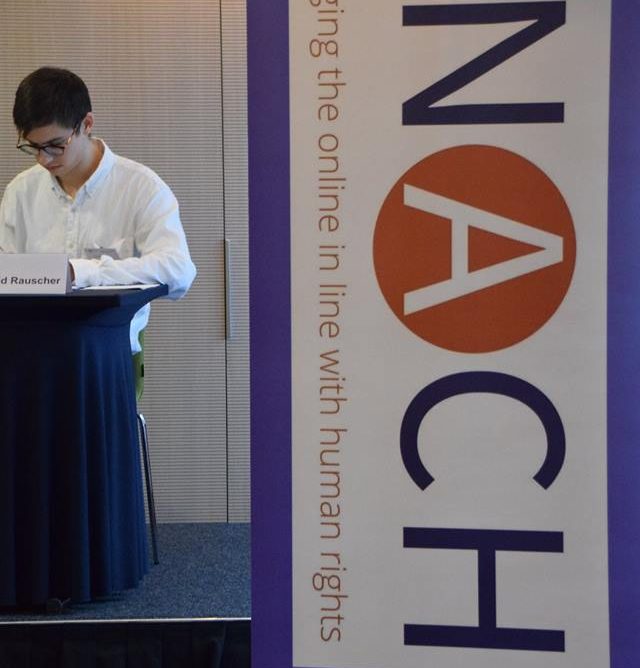The ongoing refugee crisis that reached its peak in 2015, the growing threat that is Jihadi terrorism in Europe and the pre-existing issues of social and cultural cohesion and the piecemeal integration of the previous waves of migrants all exacerbate this phenomenon. Hence, hate speech and research on online hate speech have never been more relevant in the history of the European Union. Even governments realise that the political atmosphere that has been sliding towards the far-right and the economic, political and societal crises that the EU have faced in the past eight years (since the start of the great recession in 2008) have made people less tolerant, more anxious and more willing to express racist and other hateful views more freely in public and online.
Therefore, this paper looks into the levels of online hate speech, the trends that will shape it in the coming years, and the topics that have the most influence on cyber hate at the present. It is also pivotal to identify themes within the cyber hate phenomenon that need further research in order to be able to develop better systems for reporting, removing and prosecuting online manifestations of hate.
Published on 17-11-16
